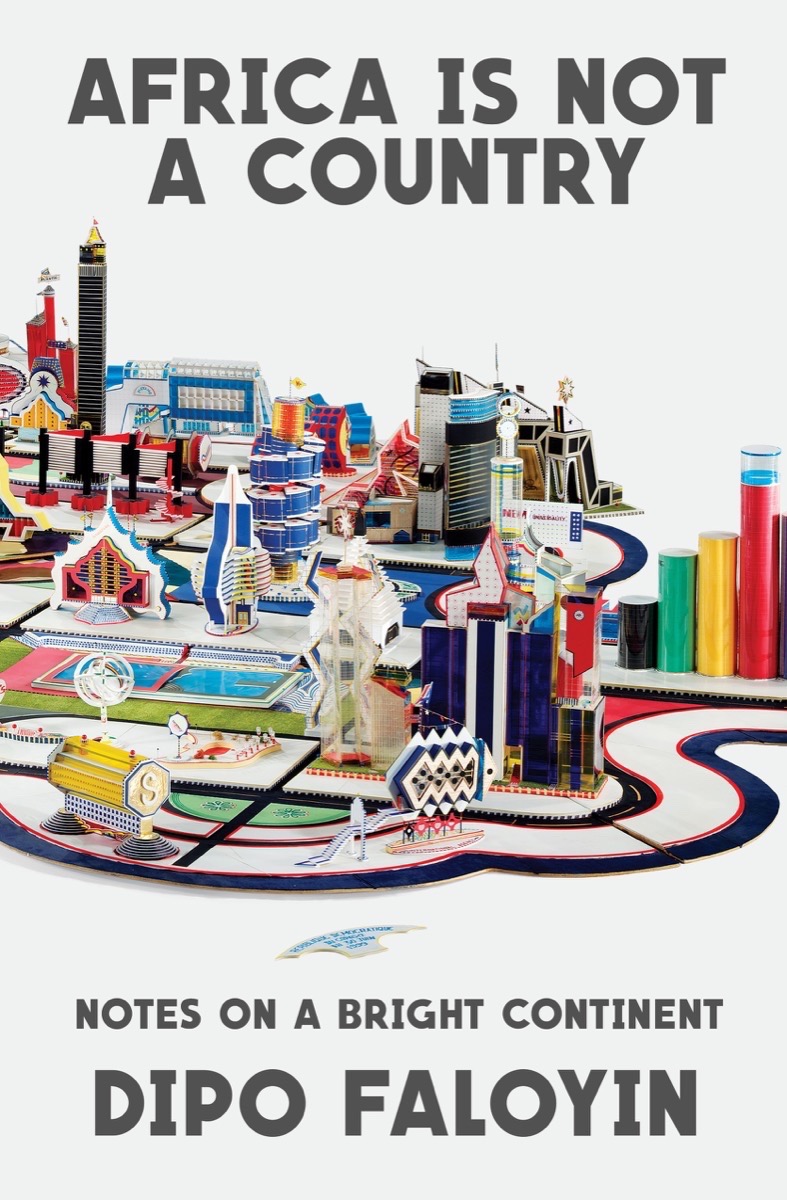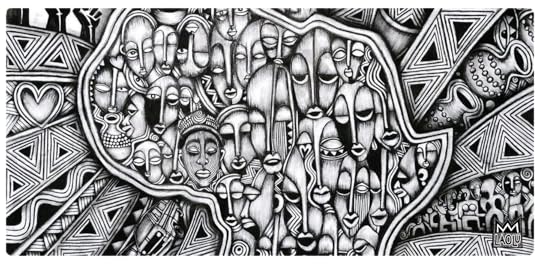What do you think?
Rate this book


400 pages, Hardcover
First published April 7, 2022

We zeggen “Afrika” zoals we nooit “Europa” of “Azië” zouden zeggen.
De populaire cultuur is bedoeld om ons naar een wereld buiten onze eigen wereld te verplaatsen. Als mensen van alles doen om Klingon te leren of zich emotioneel kunnen verliezen in romantische ontmoetingen in boerendorpen die duizenden kilometers verwijderd zijn van waar ze zelf wonen, dan is hun verbeeldingskracht ook wel zo groot dat ze zich kunnen inleven in het verhaal van de rijke ouders in Djibouti die hun aan sociale media verslaafde kinderen de waarde van familie proberen bij te brengen door hen op een lange autoreis mee te nemen, met hilarische gevolgen.